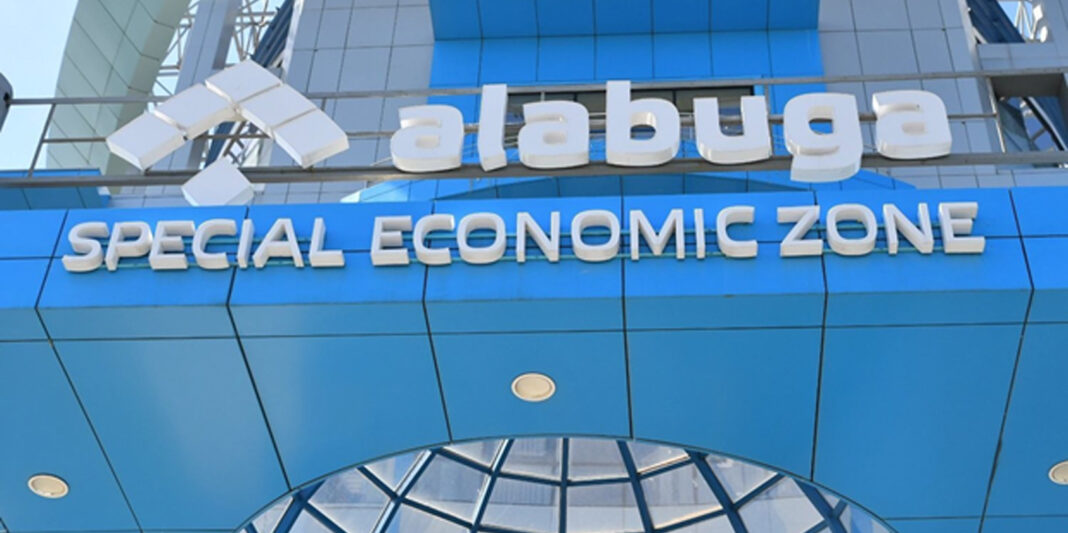The Ministry of Trade and Regional Integration (MoTRI) has instructed exporters to promptly ship out commodities from their inventories, taking a firm stance during a recent meeting with industry stakeholders.
Minister Kasahun Gofe issued the directive while defending the government’s indicative pricing system. He emphasized that benchmark rates are established in collaboration with export associations, countering the notion that the ministry sets prices unilaterally.
Sources at the September 16 meeting reported that Minister Kasahun was clear and assertive, stating, “We are the government, and we order you to export products on time.” This strong message came amid a paradox: while Ethiopia celebrated record annual export earnings of $8.3 billion, the sectors under MoTRI’s oversight failed to meet their specific targets.
A senior exporter at the meeting, who requested anonymity, expressed confusion regarding the minister’s urgency. “I understand the new harvest season is approaching, but I don’t believe exporters are hoarding or sitting on significant excess stock,” he told Capital.
The meeting also served as a platform for exporters to voice longstanding concerns about the frequently revised indicative prices. Some participants suggested a temporary solution that would allow them to sell their existing inventory at reduced rates to expedite shipments. Minister Kasahun firmly dismissed this idea, stating that the current rates were set in consultation with the Ethiopian Pulses, Oilseeds, and Spices Processors-Exporters Association.
However, insiders familiar with the Price Board—the multi-stakeholder committee that determines the rates—indicate that the ministry maintains a dominant role, with the association’s influence being more nominal than substantive.
One exporter redefined the board’s purpose, noting that it was originally intended to curb domestic price speculation on the Ethiopian Commodity Exchange. “Today, with exporters sourcing from various platforms, the board primarily acts as a mechanism to prevent new market entrants from failing due to unsustainable bidding wars,” he explained.
A significant contribution came from prominent businessman Belayneh Kinde, whose decades of market experience were recognized by attendees. Belayneh argued that the core issue is one of supply rather than regulation. He advised the government and stakeholders to focus on maximizing productivity, asserting that an ample supply would naturally stabilize the market. He suggested that the current scarcity, combined with a high number of active exporters, artificially inflates prices. He further recommended that the ministry adopt more flexible policies to incentivize exports instead of relying on strict enforcement.
Exporters acknowledged the positive reforms under the current administration, citing improved bureaucratic efficiency and services at the ministry. They credited these changes with enhancing operational performance but stressed that further easing of regulatory conditions is essential for continued growth.
Performance in Context
Ethiopia’s record $8.3 billion in export earnings for the previous fiscal year was primarily driven by coffee ($2.6 billion) and gold ($3.4 billion), which fall under the Ministries of Agriculture and Mining, respectively.
In contrast, sectors regulated by MoTRI achieved only 89% of their $875 million goal.
For the current fiscal year, the government has set an ambitious national target of $9.4 billion. Early results indicate that $836 million was secured in the first two months, representing 58% of the quarterly target. This figure reflects a robust 36% year-on-year increase but remains below the required trajectory to meet the annual goal. Notably, within this total, MoTRI-regulated sectors have outperformed, achieving 103% of their target by generating $111 million.







